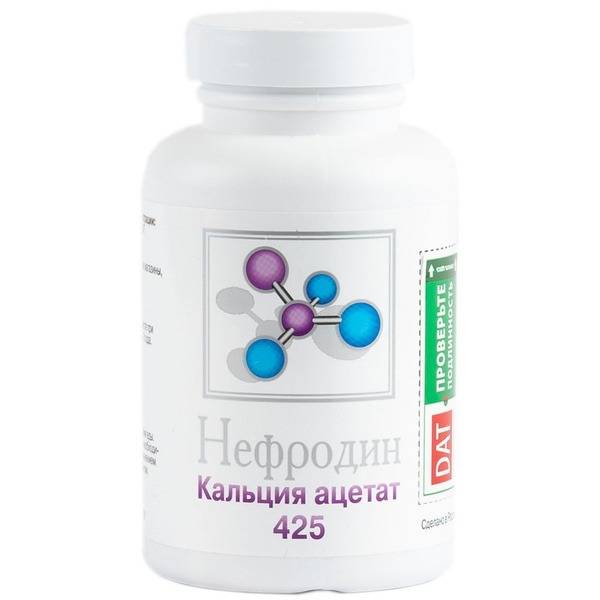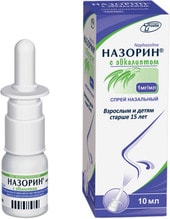Title: Nephrodin Calcium Acetate 425mg, 120 Capsules
Nephrodin Calcium Acetate 425mg, 120 Capsules
Nephrodin Calcium Acetate 425mg, 120 Capsules is a phosphate binder indicated for the management of hyperphosphatemia in patients with chronic kidney disease (CKD), including those undergoing dialysis (hemodialysis or peritoneal dialysis). Dietary restrictions and phosphate elimination alone are often insufficient to control phosphate levels; therefore, phosphate binders are necessary to reduce gastrointestinal phosphate absorption. Nephrodin works by binding dietary phosphate, forming insoluble calcium phosphate salts that are eliminated through the intestines.
Key Advantages of Nephrodin:
- Superior Phosphate Binding: Nephrodin boasts a significantly higher phosphate-binding capacity compared to calcium carbonate, with approximately double the effectiveness.
- Reduced Calcium Absorption: Its unique formulation results in considerably lower calcium absorption in the gut, minimizing the risk of hypercalcemia.
- Effective Hyperphosphatemia Management: Helps maintain healthy phosphate levels in patients with CKD.
Dosage and Administration:
Nephrodin should be taken with each meal. The recommended adult dosage is 2 capsules per meal. The daily dose can be increased to 10-12 capsules if necessary, but the maximum recommended daily intake of elemental calcium is 1.5 grams (equivalent to 10-12 capsules). Individual dosage may vary from 4 to 10 capsules daily depending on serum phosphate levels, divided among meals (typically 3-4 times a day). A sample daily regimen could be:
- Breakfast: 1-2 capsules
- Lunch: 2-3 capsules
- Snack: 1-2 capsules
- Dinner: 2-3 capsules
Important Considerations:
- Consult a Physician: Always consult your doctor before starting Nephrodin, especially if you are taking other medications or have pre-existing conditions.
- Medication Interaction: Avoid taking Nephrodin within 2 hours of other oral medications, as absorption may be affected. Do not take concurrently with iron supplements or certain antibiotics.
- Long-Term Use: Nephrodin can be used for extended periods.
- Missed Dose: If you miss a dose, take the next dose at the regular time. Do not double the dose.
- Monitoring: Regular monitoring of serum phosphate and calcium levels, as well as the calcium-phosphorus product, is crucial, particularly if taking vitamin D or thiazide diuretics concurrently.
- Dietary Advice: Consult a healthcare professional for dietary guidance on phosphate intake. The appropriate treatment depends on the type of dialysis (if applicable).
Side Effects:
Common side effects may include gastrointestinal disturbances such as diarrhea, constipation, nausea, bloating, and flatulence. Mild hypercalcemia (Ca >2.6 mmol/L) may occur in approximately 1% of patients, often asymptomatic or presenting with constipation, nausea, and vomiting. In rare cases, moderate to severe hypercalcemia may occur.
Contraindications:
- Hypophosphatemia
- Hypercalcemia (with or without clinical symptoms)
- Third-degree atrioventricular block
- Myasthenia gravis
- Hypersensitivity to calcium acetate or any excipients
Precautions:
- Use caution in patients with a history of calcium kidney stones or hypercalcemic conditions (sarcoidosis, certain malignancies).
- Avoid additional calcium intake from antacids.
- Large doses of calcium salts may cause constipation due to the precipitation of fatty acids and bile acids. Reduce dosage if diarrhea occurs.
Composition:
Calcium Acetate - 425mg
Disclaimer:
This is a dietary supplement and not a medication. The information provided here is for informational purposes only and does not constitute medical advice. Always consult with a healthcare professional before starting any new supplement or making changes to your treatment plan.






